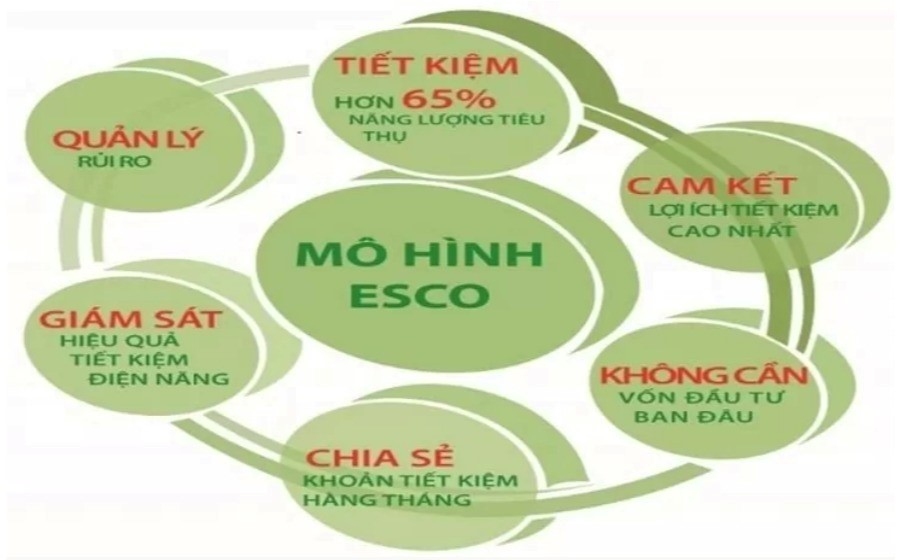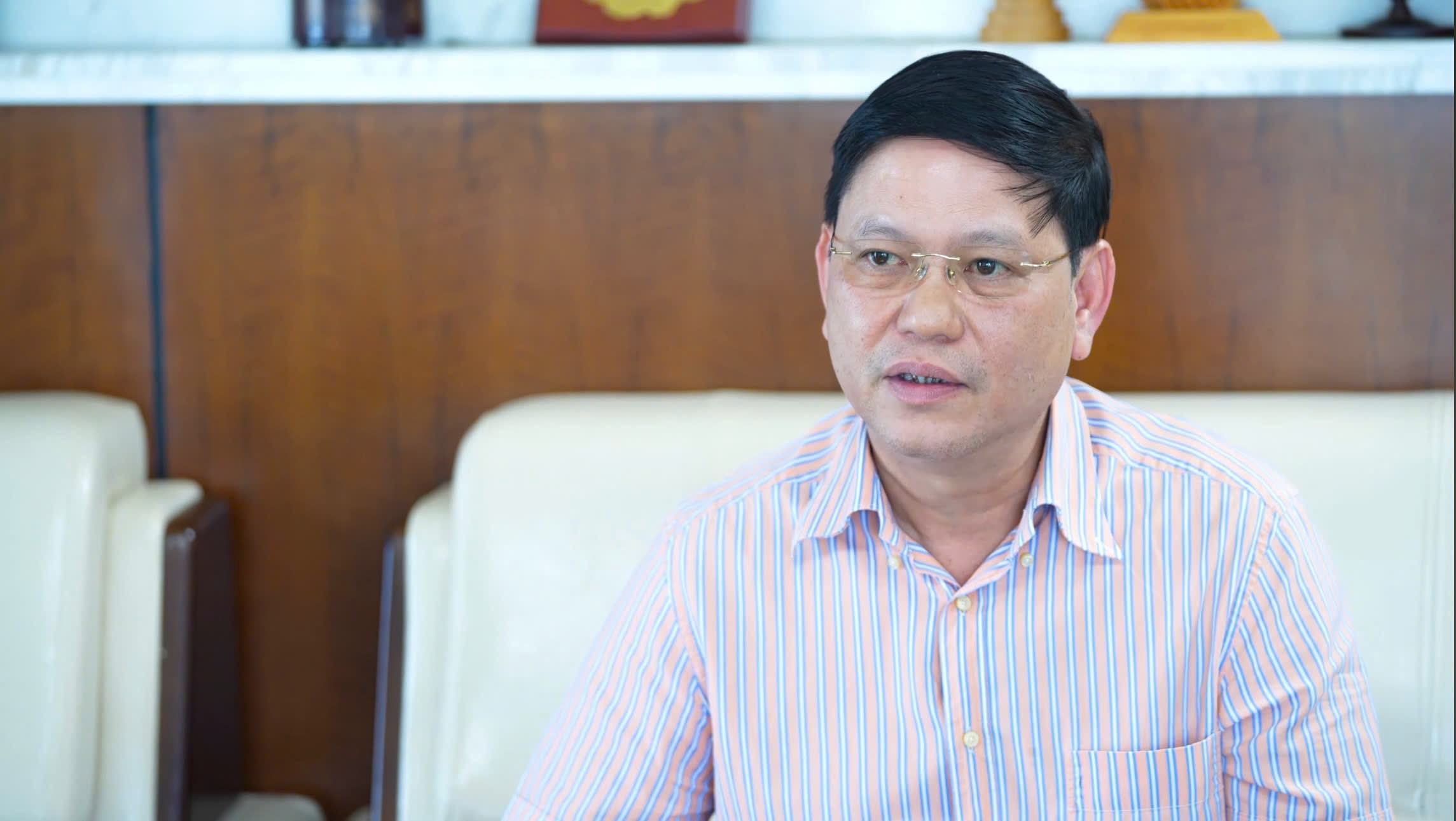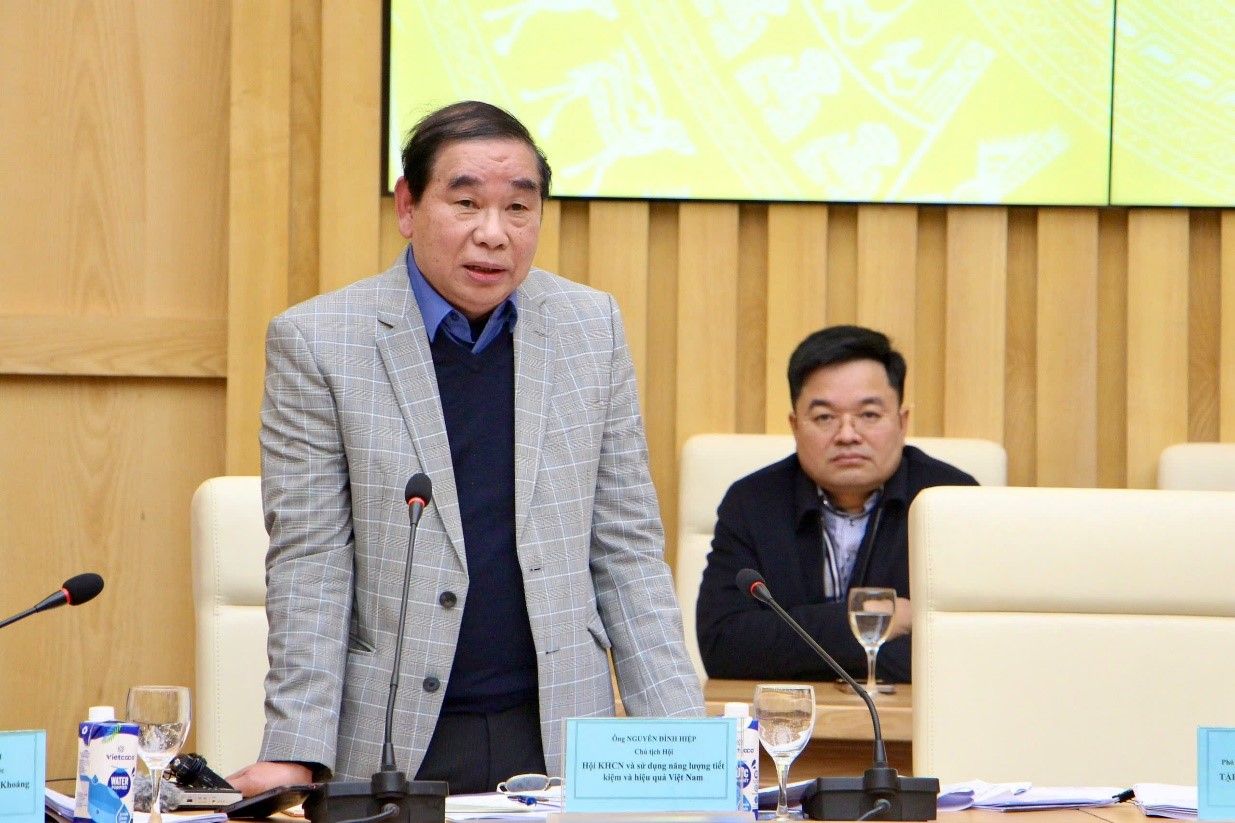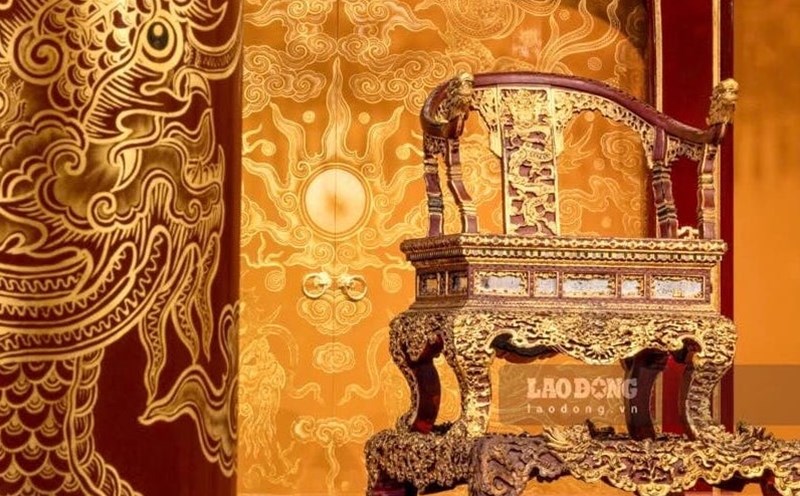At the 9th session, the XV National Assembly, the Bill of Law amended and supplemented a number of articles of the Law on Energy and Effective Energy (SDNL TK & HQ) will be considered and commented by the National Assembly. One of the notable new features of the bill is the first time the model of Energy Service Company (ESCO) into the law, with the goal of removing legal bottlenecks and promoting the energy saving market in Vietnam.
ESCO remains sluggish due to lack of legal framework
Founded in 2005 through programs to support small and medium enterprises, the ESCO model was once expected to open a new direction for energy saving in Vietnam. However, after nearly 20 years, the number of businesses operating according to this model can still be counted on the fingers.

According to the Vietnam Association of Science and Technology for Energy Saving and Efficient Use (VECEA), there are currently more than 200 organizations and enterprises nationwide providing energy-saving-related services, but most of them only stop at consulting or providing equipment. There are still very few businesses operating in accordance with the ESCO model - that is, investing and recovering capital through energy efficiency contracts (EPCs).
Mr. Nguyen Dinh Hiep - Chairman of VECEA - commented: "The main reason is that Vietnam does not have a mechanism and financial policy to support the development of the ESCO model. Lack of payment regulations when using the state budget, lack of legal corridors for energy saving supervision, lack of mechanisms to resolve contract disputes...".

Putting ESCO into law to remove bottlenecks
Faced with prolonged problems, the Ministry of Industry and Trade has chaired the drafting of the Draft Law amending and supplementing a number of articles of the Law on SDNL TK&HQ, in which for the first time, the ESCO model is defined, the scope of activities and a specific legal corridor are established.

Mr. Nguyen Quoc Dung - Head of the Business Department of Vietnam Electricity Group (EVN) - said: "One of the major bottlenecks of the current market is the ESCO model that has not been legalized. In this Draft Law, we have included in the definition of models and operating mechanisms, creating a basis for ESCO to develop in its true nature.
Sharing the same view, Mr. Nguyen Dinh Hiep emphasized: If the ESCO model is fully legalized, it will be an effective tool to implement energy-saving investment projects in enterprises. Completing institutions and legal corridors will help reduce risks, increase transparency and attract private capital to participate in this field".

Creating a boost for the efficient energy market
At the discussion session of the National Assembly's Committee on Science, Technology and Environment on September 5, many opinions expressed their agreement with the inclusion of the energy service business model in the law. Chairman of the Committee Mr. Le Quang Huy affirmed: This is a new business model with high advantages, when businesses are allowed to invest in energy-saving equipment first, and gradually recharge costs during use.
In fact, while the need for energy saving in Vietnam is increasingly urgent, initial investment in high-performance equipment is still a major barrier. Completing the legal framework for the ESCO model is expected to help businesses overcome this barrier, thanks to a third party investing and recovering capital using the energy savings achieved.
The draft Law amending and supplementing a number of articles of the Law on SDNL TK&HQ, if passed, will not only help form a systematic energy service market but also contribute to the realization of national goals on energy saving and greenhouse gas emission reduction.











